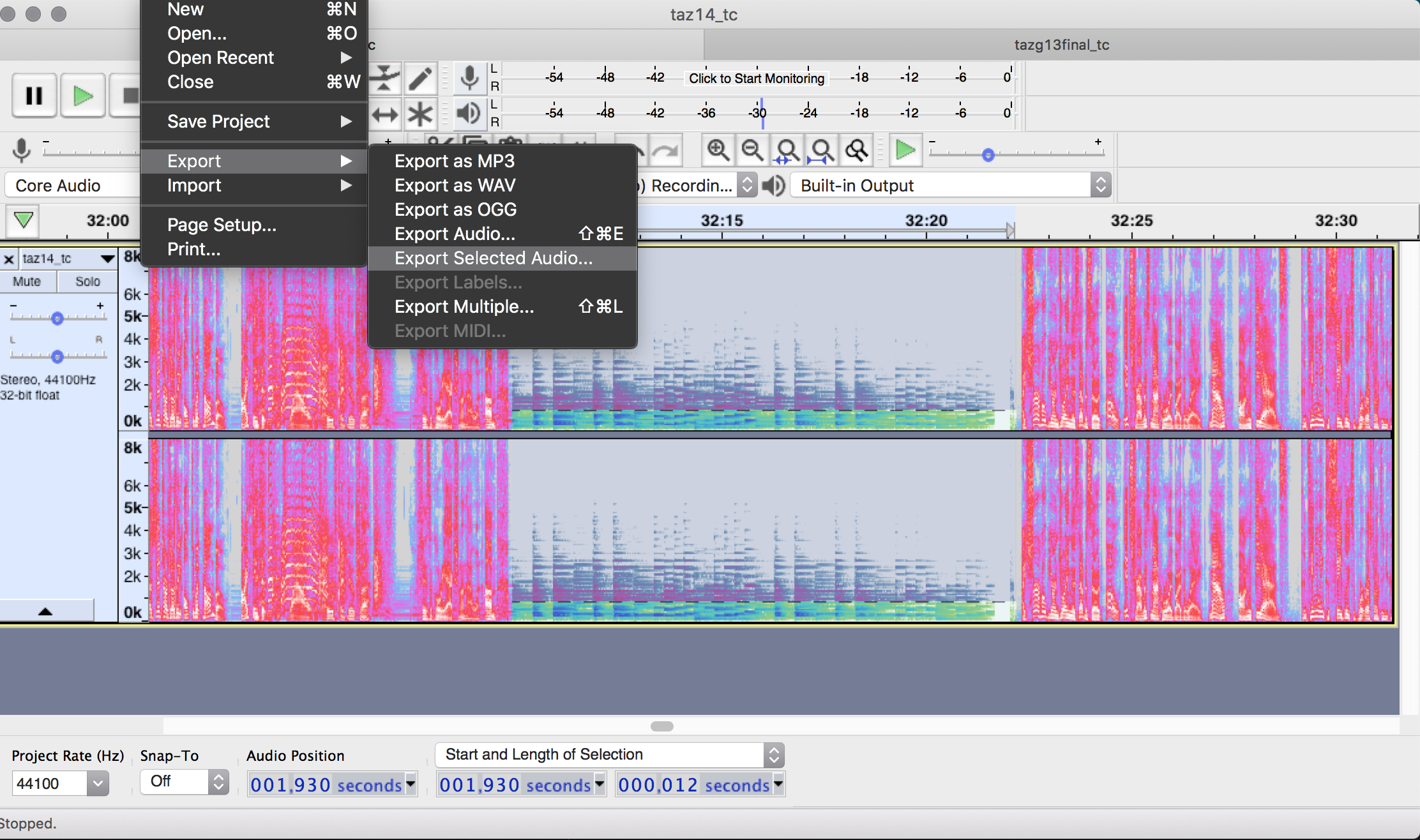Removing adds from podcasts
Aug 7, 2020
I am sick of the psyops of advertising. I want to detox. but I still want to listen to podcasts. I need strip out the adds from them
How can I programatically remove adds from podcasts
- most podcasts have an add role at the beginning, end or middle
- the Beginning and end are easy enough to skip, it’s built into my podcast player, to skip X seconds. I use this to avoid annoying jingles and “brought to you by” messages.
- middle bits might have silence or a tune to signal their coming.
- would want a way to identify the timestamps of the beginning and
end of this, and then, skip it real time (hard without modifying
a player app)
- or clip it out and re-save the podcast.
- if I save it it raises the question. Where to, and for how long
- or clip it out and re-save the podcast.
- I am thinking I could make this a lambda function, feed by the rss of my podcasts, that resaves to an object storage provider, and makes a new rss feed, that I can subscrice to with my app.
- First I have to research about how to detect middle bits.
- it could be that they are always at the same time in the more reliable podcats.
- sometime there is info in the middle bit I want to hear too, so maybe .. ASR it to text, and add the text to the feed description. It is not so invasive to see the text.. then I can also regex out square space and blue apron and things.
Notes
- Adblock Radio
- https://blog.rekawek.eu/2016/02/24/radio-adblock/
- https://stackoverflow.com/questions/45526996/split-audio-files-using-silence-detection/46001755
- Landmark project to identify audio
- Landmark in python
dpwe/audfprint
Dpwe’s audfprint Is a python command line tool for working with audio landmarks. It seems to be a reimplementation of a matlab project.
Install
- pip(3?) install -r requirements.txt
- make sure you have ffmpeg.. the OSX ffmpeg might give slightly different output (i.e time formatting) to the linux one. It doesn’t seem to be a problem.
Use.
- Get some podcasts. (in this use case the podcast play a little tune(motif) at the beginning and end of the ads. beginning tune and end tune differ)
- Clip out the audio motifs that bookend the middle bit with
adds. This can be done with audacity’s export selection. Wav
files seem to be fine (anything ffmpeg can open?).

- save these clips to named for the start and ends.
- Make a landscape database for the start motif and the end
motif.
- python audfprint.py new –dbase podcast_middlebit_in.pklz podcast_clip_in_*.wav
- python audfprint.py new –dbase podcast_middlebit_out.pklz podcast_clip_out_*.wav
- Use this DB to scan podcast to identify the position of the
start and end of the middle bit.
- OSX will output in -1500.9s negative seconds format
| |
TODO Use start and stop timestamps to clip out and re-compile podcast with no-middle bit.
| |
which outputs this:
But this is slow as it has to re-encode the file. If I try the “-acodec copy” flag, it says it doesnt work with complex filters.
TODO Make this .. an automated system
- Make a DB of IN/OUT motifs for podcasts that you listen to